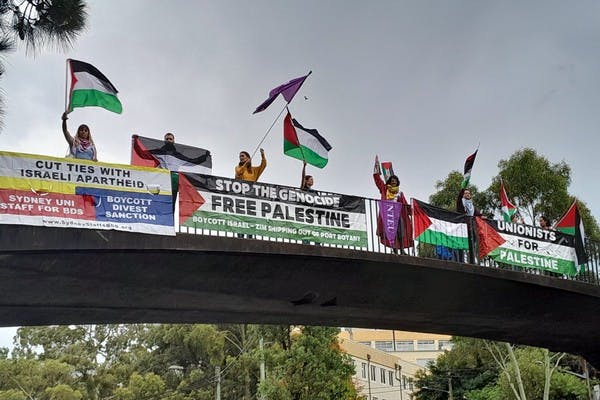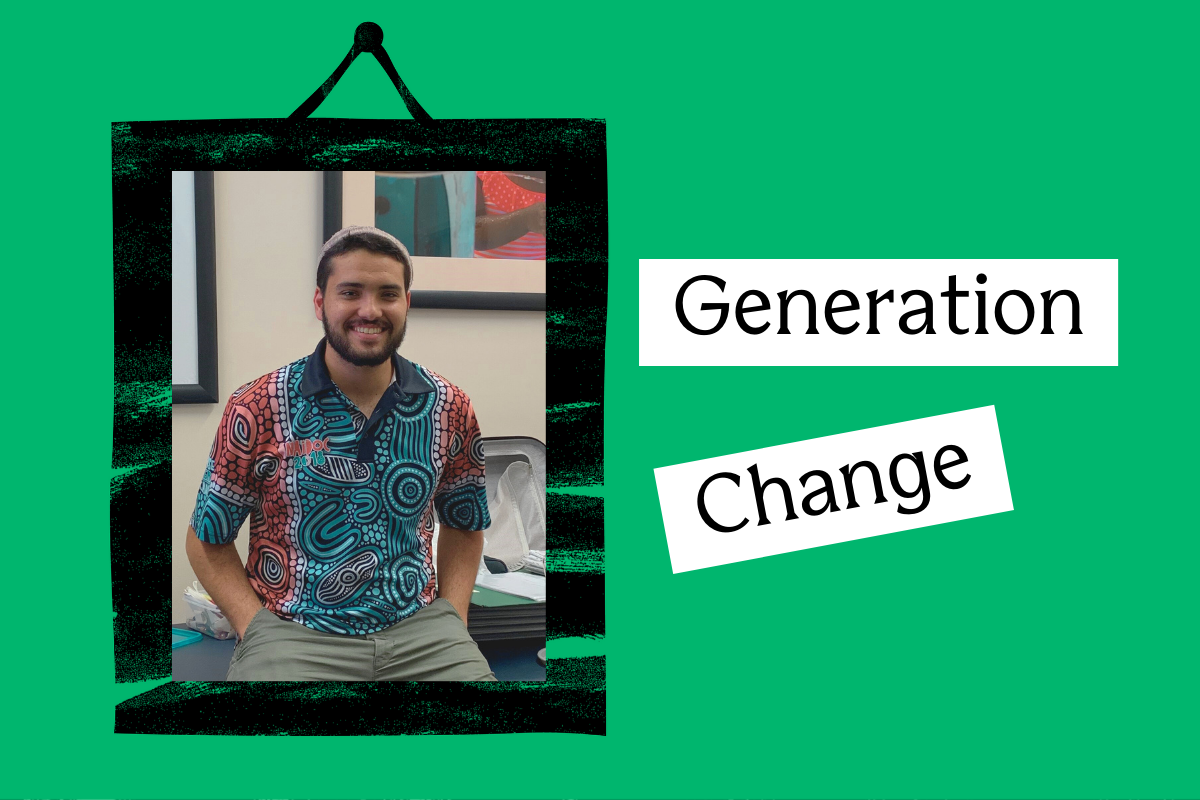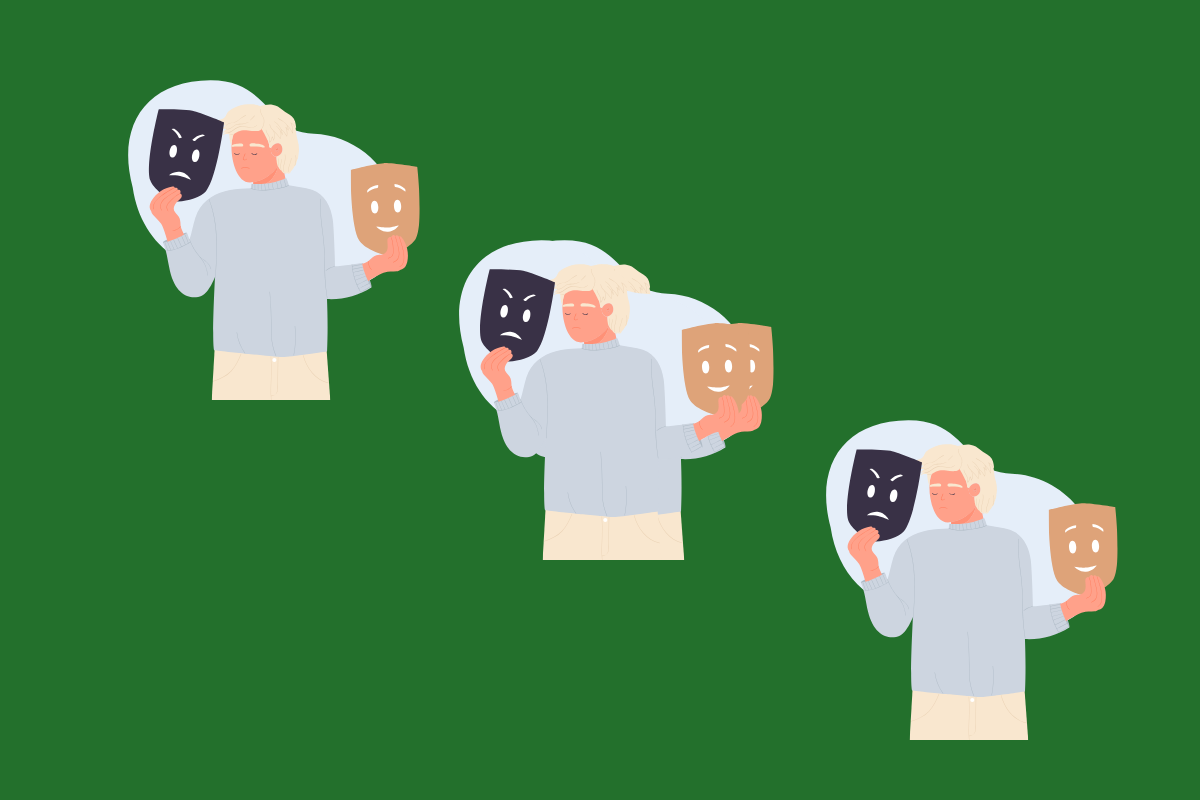Published: 24 February 2023
Last updated: 5 March 2024
KAREN FREYER tells ANNE SUSSKIND she believes her focus on public education, climate, affordable housing and antisemitism is gaining traction with liberal hearts in the safe Liberal seat.
It’s a tough gig standing for election as an independent in a particularly “conservative subset” of Sydney’s east, with priorities such as educational opportunity, overdevelopment and affordable housing. Antisemitism is high on the list too, as is the environment and climate change.
There’s no escaping the scale of Karen Freyer’s challenge. At the 2019 election, the sitting Liberal member for Vaucluse, Gabrielle Upton, won the seat with 57% of the vote, more than 40% ahead of the next candidate. Vaucluse has been in Liberal hands since World War II and is classified on the ABC website as “Very Safe Liberal”.
But Freyer believes there’s a mood for change in the March 25 election, where she is up against the Liberal Party’s new candidate, former TV news presenter Kellie Sloane, the Labor Party’s Margaret Merton and Dominic Wy Kanak from the Greens.
With climate change and racial intolerance looming large, there’s a new urgency to everything, she argues.
Freyer, whose grandparents were Holocaust survivors – they were hidden under the floorboards of the home of a Polish farming family who took care of their little boy (her father), upstairs - speaks rapidly and passionately about many things. “Everything can be taken away from you in a second,” she says. “Maybe this is a Holocaust thing… I was brought up in a family where I was told ‘Karen, everything can be taken away, but there’s one thing they can’t take away, your education’.”
Her grandfather, a law professor, came to Australia “with nothing”, the family lived in one room in Bondi and he worked in a factory. But he did well because he was well educated, as is his son, Freyer’s father, who became a cardiologist.
Maybe this is a Holocaust thing… I was brought up in a family where I was told ‘Karen, everything can be taken away, but there’s one thing they can’t take away, your education’.
Aware of her own privilege – she’s an ex- Ascham girl happily married to a Cranbrook boy – Freyer has focused in her campaigning on a second public high school for the electorate. She says the sitting member, Gabrielle Upton, has said numerous times that there’s no need or demand for it, but won’t provide the research to back up the claim. The electorate has 11 feeder primary schools and only one government high school.
A private school education for two children, Freyer read recently, can cost as much as servicing a mortgage of $1.2 million, which is not feasible for many people, even in Sydney’s east.
While Rose Bay College is an excellent school doing a “fantastic job”, it is over-subscribed and low in resources.
“I am a supporter of public education,” she adds. But would she send her own children to a state school? “My husband is half-French, and they go to the French School in Maroubra,” she replies. She has two boys of primary age, and the school goes to year 12.
Freyer’s focus on over-development also has an underpinning of social justice. It’s a delicate balance. Most of the new apartments being built are luxury three bedrooms with underground parking. The area needs more housing at a “different price-point”, she says.
Unless their parents can help, young people will not be able to buy into the area they’ve grown up in. Nor will “key workers, or regular people”. “We need more housing diversity… studios and one-bedroom apartments, so everyone can afford to buy into this area,” Freyer says.
But what really troubles her is infrastructure. “I went to Harvard Business School and did an MBA. I understand making money and have no issue with developers making money, but I believe it’s government’s role to say, ‘Hey wait a minute there aren’t enough buses, or schools and there aren’t enough recreation spaces to accommodate the density’.”
Density increases, the developer leaves, and the community is left with all the issues that surround it, she says. “Infrastructure remains some sort of big strategic idea. It’s time we legislated on it. We’ve never done that.”
Freyer, 48, is adamant that she has nothing in common with the stereotype of an eastern suburbs woman with a rich husband and four-wheel drive, a “champagne socialist” and “fake” environmentalist with full-blast air-con at home. The cliché reared its ugly head last week when a Nine news story, which included her in a group of six independents from the north shore, northern beaches and eastern suburbs, sparked a social media outpouring of abuse (as described above).

“I don’t own a car, number one … I live in an apartment. We’re not rich. My husband (Alex Gilly, author of two thrillers) is a writer. So no, at the end of the day that vitriol has nothing to do with me.”
Her CV is impressive - she studied journalism at Columbia University, worked at CNN and the BBC before gaining her MBA, and has worked in the corporate sector. She was also a strategist for Dr Kerryn Phelps on the Wentworth federal campaign, and for the first Aboriginal City of Sydney councillor, Yvonne Weldon.
Freyer was briefly an ALP member but became “incredibly disillusioned”. The Liberal Party is “even more broken”, she says, adding that the recent finding of an Auditor-General’s report that emergency bushfire funds in NSW were withheld from Labor-held electorates, is “disgusting”.
With fewer and fewer people joining the Liberal Party, the Nationals are dictating policy, Freyer says. Greenwashing is rife, she adds, and the Liberals have “sold the environment to the Nationals” - 26 new coal mines have been approved in NSW since 2016.
Freyer has vowed to fight this - and fight for renewables. She’s been with the Nature Conservation Council to see native forests on the south coast, which are being logged on an “industrial scale” and turned into woodchips. The logging industry is subsidised and “some say we pay people $20 million a year to cut down our trees… it’s devastating.”
Teal doesn’t come from Climate 200. It’s a nice colour; the Liberal blue with the green. The thing is I’m fiscally conservative but environmentally aware, and that’s where that colour comes from.
Her campaign colour is teal, albeit a slightly softer shade than the Teal candidates from last year’s federal election. She had “productive talks” with Simon Holmes a Court and his Climate 200 group, but decided to be truly independent. “Teal doesn’t come from Climate 200. It’s a nice colour; the Liberal blue with the green, that’s what teal means to me.
“The thing is I’m fiscally conservative but environmentally aware, and that’s where that colour comes from.”
Her campaign is being “run on the smell of an oily rag,” she says. State electoral funding is very restrictive anyway – it’s allowed to total about $190,000 per candidate, and individual contributions are capped at $3,300. But she has 100-plus volunteers and, despite the historically huge Liberal vote, Freyer thinks she has a good chance, especially with Gabrielle Upton’s retirement.
There’s “an appetite for change” in the electorate, she claims, and she’s been inspired by conversations she’s had with people in the east, who are “knowledgeable and intelligent” on issues that neither of the main parties want to deal with.
The independents’ movement means that people are far more engaged, she says: “They aren’t just default voting for a party.”
But what about the Victorian election last year, where, as she acknowledges, the independents did “terribly”?
“In Victoria, they didn’t have to kick the Libs out,” she said. “I don’t think the analogy should be drawn with Victoria. It should be drawn federally, because that was against the Liberal Party.
“I don’t know a lot about [Victorian Premier] Dan Andrews, but he’s more left of centre, and more environmentally progressive. The issues I identify are different to what was going down in Victoria. Integrity is another huge issue front and centre - and [that] was applicable at a federal level.”
This electorate is very high in its Jewish voters, but I would argue that antisemitism affects us all, Jewish or not Jewish, because it is the canary in the coal mine in any society.
The importance of personal integrity and authenticity run well beyond politics for Freyer. Because she is blonde and blue-eyed, it doesn’t occur to people that she might be Jewish or have Jewish affiliations, and they don’t hold back on sharing antisemitic comments with her. Her colouring, which she shares with her father, is what saved his life, making it possible for the family who hid her grandparents to say he was their son.
She’s not religious, but Freyer went to the Great Synagogue as a child, and celebrated the High Holy days. “My mother never converted,” she says, so she is not considered Jewish, although she proudly shares the fact that a genetic test showed her DNA to be overwhelmingly Jewish.
Jewish people need not worry about her support for Israel, she says. Her family owns land near Tel Aviv, and she is “100 per cent against BDS” and thinks Israel has the right to decide where its capital is.
Her childhood was steeped in stories of the horrors of the Holocaust, and Freyer is extremely concerned about the rise of antisemitism, particularly in schools and universities where students are sometimes afraid to say they are Jewish. “A lot of it is coming from the academics; it’s unacceptable”.
Recently, campaigning in Watson’s Bay, a local started telling her about his experiences with racism. “I think he was South Asian, and I said ‘I’m really sorry that you’re experiencing that, it’s very white here’. Then he started talking about - and I’m not kidding - how the Jews own everything and I said, ‘you know what, this is not true, I don’t care if you vote for me or not’.
“I said ‘explain to me, walk me through this’ and he kept on…. I said influence in this country has been dominated by two to three families and they are not Jewish - the Murdochs, Fairfaxes and Packers. Explain that to me, and he was like errr…. That shut him up.”
It is, she says, crucial to speak out every time you encounter antisemitism. Racism is a contagious disease and the broader community should also be concerned: “This is a Jewish electorate, obviously very high in its Jewish voters, but I would argue that antisemitism affects us all, Jewish or not Jewish, because it is the canary in the coal mine in any society.”
Photo:



